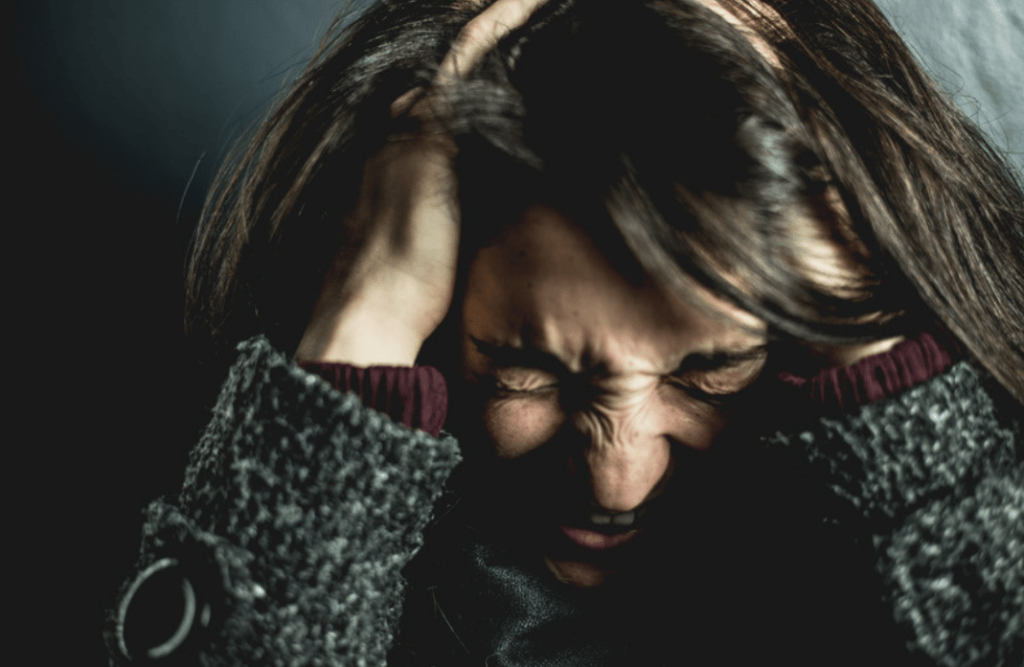Can schizophrenics drink alcohol? Schizophrenia is a mental disorder that affects about 1% of the population. It is characterized by psychotic episodes, delusions, and hallucinations. There are many different causes of this mental health condition and it can be difficult to diagnose.
In addition to the psychotic episodes, delusions, and hallucinations, there are several other health risks associated with schizophrenia such as problems with cognition and brain function as well as an increased risk of death due to complications from suicide or accidents. Alcoholism has also been associated with increased rates of suicide in schizophrenics which is why it’s important to know how alcohol can affect your brain before you drink.

What Is Schizophrenia?
Schizophrenia is a mental disorder that affects about 1% of the population. It is characterized by psychotic episodes, delusions, and hallucinations. There are many different causes of this mental health condition and it can be difficult to diagnose.
Can Schizophrenics Drink Alcohol?
There are many risks associated with drinking alcohol and having schizophrenia. The brain has a network of nerve cells that communicate by sending chemical messages back and forth. These are called neurotransmitters and they play an active role in controlling moods, thoughts, sleep patterns, emotions, and how we react to stress. When someone drinks alcohol, their body releases dopamine which causes feelings of pleasure as well as euphoria.
After the effects wear off about an hour later though, the person will experience a let down which can lead to depression and anxiety. Drinking too much can inhibit the ability for nerve cells to send messages back and forth effectively causing confusion or slurred speech as well as other symptoms.
While those who have schizophrenia already have impaired cognition and brain function due to the disorder itself, excessive drinking can make these symptoms worse. Heavy drinking over time can also lead to permanent damage or even death due to complications such as injuries from accidents or suicide caused by poor judgment following alcohol use or liver failure from long-term abuse.
How Does Alcohol Affect Your Brain?
Alcohol is a depressant and has been shown to worsen symptoms of schizophrenia. In addition, alcohol can cause a person’s brain to release more dopamine, which increases the risk of developing schizophrenia. Alcoholism can also lead to increased rates of suicide in schizophrenics due to the decreased ability for an addict’s body to cope with stress.
While there is no clear evidence on how much alcohol you should drink as a schizophrenic, it is important to be aware that any amount can have effects on your mental health condition.
It is not recommended for schizophrenics who are recovering alcoholics or those who are at risk of developing alcoholism to drink heavily or at all.
If you do decide that it would be healthy for you, experts recommend limiting your intake to one drink per day because studies have shown that any more than this may worsen your symptoms and increase the chance that you will relapse into alcoholism.
Some Risks of Drinking Too Much
Though alcohol may seem like a harmless way to relax, there are several risks that come with alcoholism. Alcohol is a depressant and can be addictive, which means that it’s not uncommon to drink too much. Drinking too much alcohol over a long period of time can lead to health problems such as brain atrophy and cognitive problems. It can also lead to sleep problems and an increased risk of suicide.
The more you drink, the higher your tolerance becomes which means you need to drink more just to feel the same effects. It’s important to know your limits when it comes to alcohol because drinking too much can have serious consequences.
If you or someone you know is asking can schizophrenics drink alcohol or have any of the symptoms listed above, they should immediately speak with their physician about further evaluation and treatment options.
The Connection Between Drinking and Suicide
While the exact relationship between drinking and suicide is still unclear, some studies have found that there is a connection.
The link between alcohol and suicide in schizophrenics may be due to the fact that alcohol can cause psychotic episodes and delusions which could lead to someone feeling suicidal or as if they need help. Alcohol also has an increased risk of death as it can lead to accidents or suicide. Additionally, alcohol abuse has been linked with cognitive impairment in schizophrenics which would make it difficult for them to form goals or regain hope. Like any other mental health condition, alcoholism should be taken seriously and treated accordingly. If you are struggling with addiction and have schizophrenia, be sure to seek treatment for both your addictive behavior and for your mental health condition.
Why You Still Need to Drink Moderately
It can be tempting to go for a beer after a long day of work. But don’t forget that the long-term health risks associated with alcohol outweigh the benefits when you have schizophrenia.
It is important to drink moderately if you do decide to drink alcohol while you’re taking medication for your mental health condition. Alcohol can increase levels of some medications and reduce the effectiveness of others; it’s important to talk to your doctor about how alcohol will affect your medications before drinking.
Finally, even though research is limited on this topic, there is some evidence that moderate drinking can help patients feel better overall during their psychotic episodes. So, it might be worth talking to your doctor about having one drink per day when you’re feeling at your worst.

Trust Asheville Recovery Center
Alcoholism is a serious problem that can have a very negative impact on a person’s life. The risks of alcoholism in schizophrenics can be great. Those who suffer from this disorder and also drink too much are at an increased risk for suicide. Alcohol doesn’t just affect your physical health; it can also have a profound impact on your mental health. It is important to remember that alcohol can be addictive and cause withdrawal symptoms when one stops drinking. If you or a loved one is struggling with alcohol abuse, call the experts at Asheville Recovery Center today. You do not have to struggle alone.








